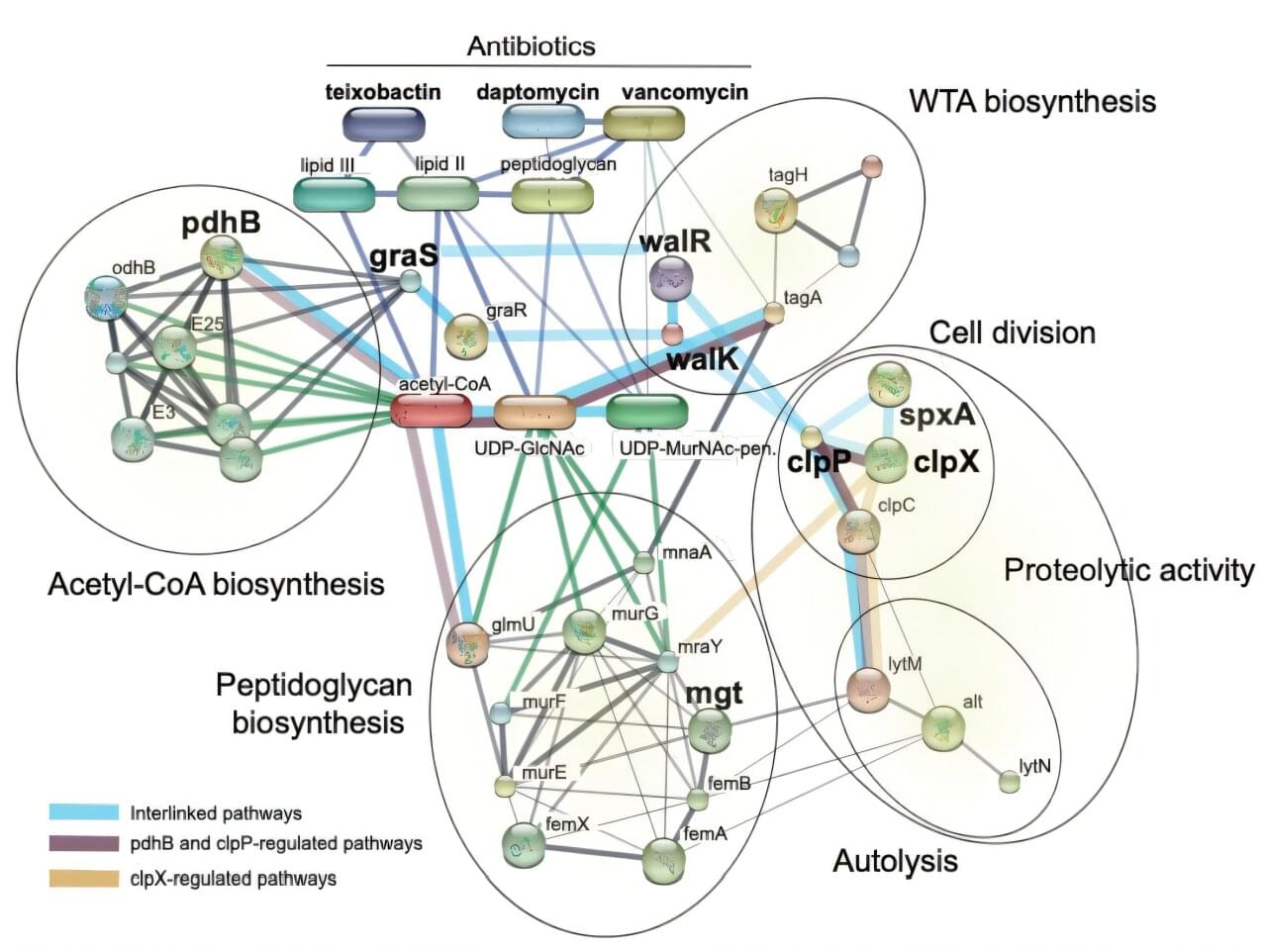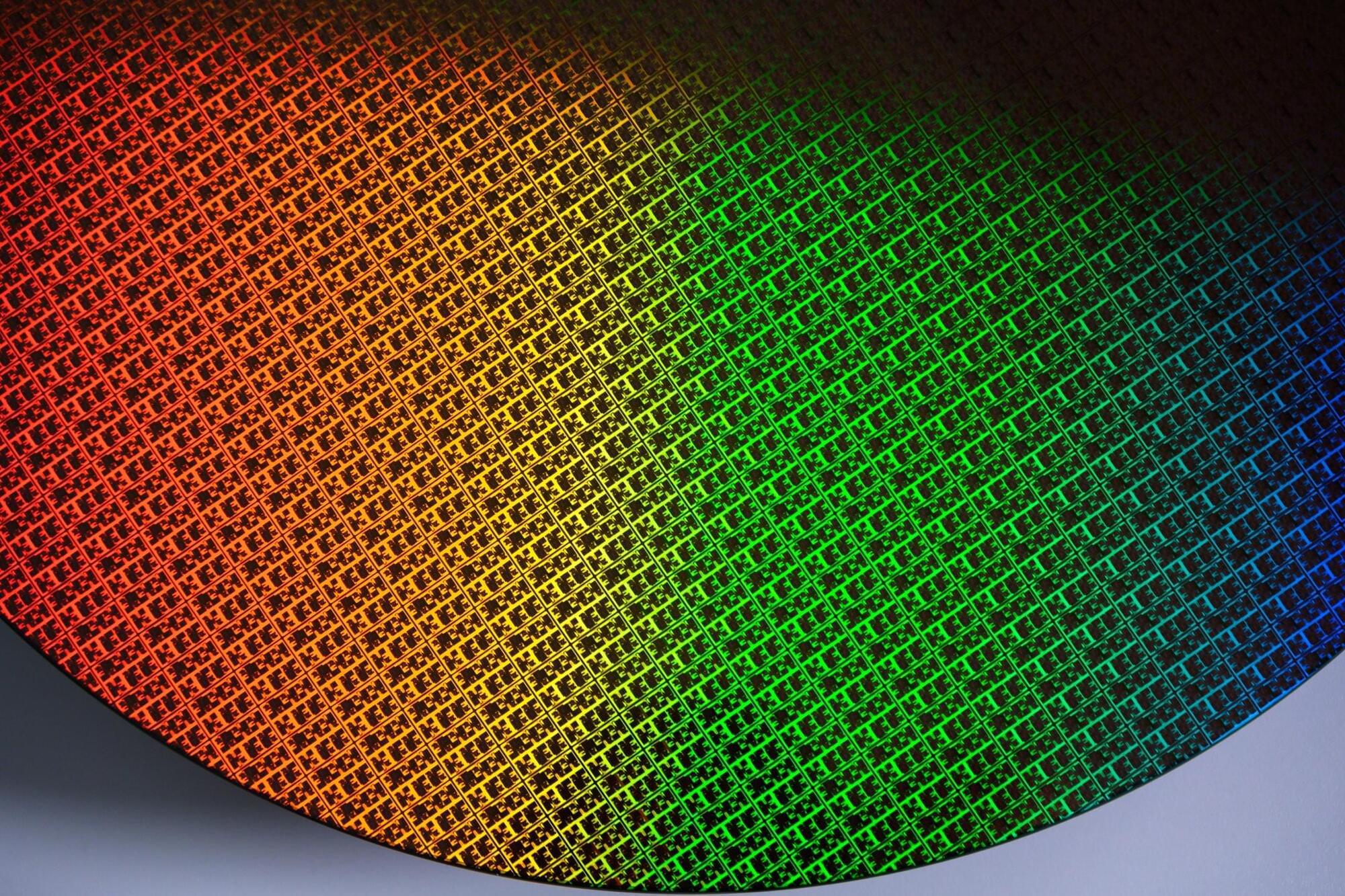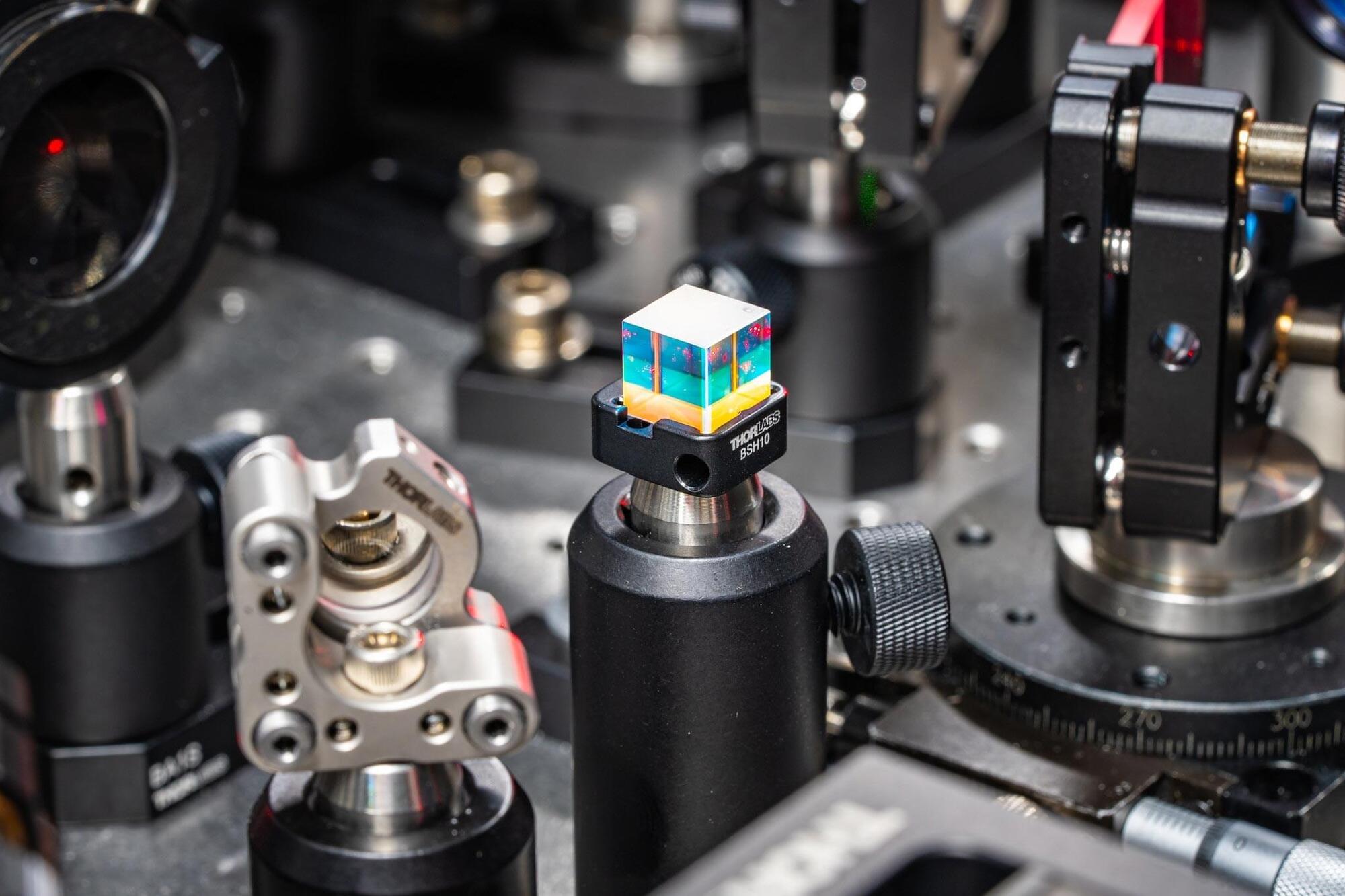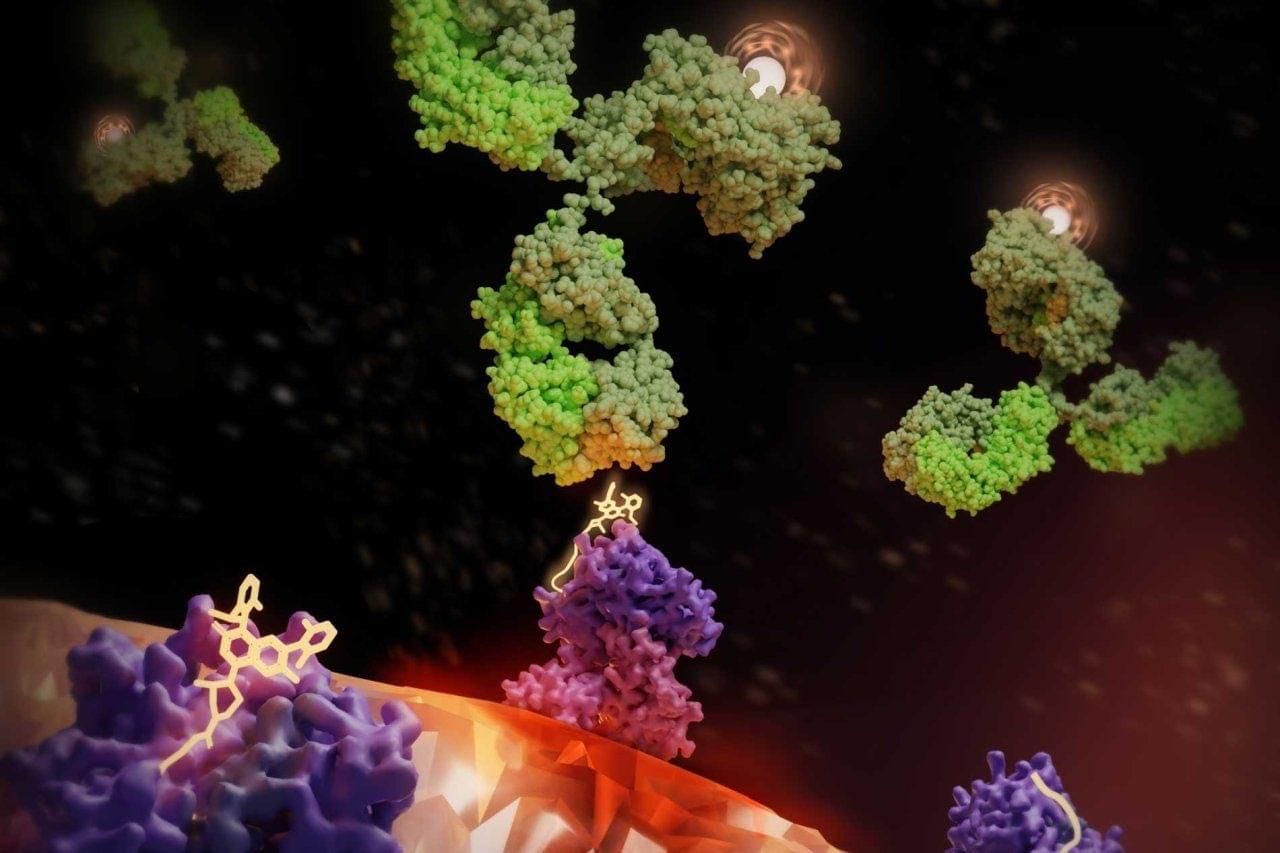Scientists have developed Rhobo6, a light microscopy probe that reveals extracellular matrix structures in live tissues, advancing biological research and disease diagnostics.
Rhobo6 is a light microscopy probe that selectively binds to extracellular matrix glycans, increasing its fluorescence and allowing clear visualization of these structures in live tissues. This innovative tool enables researchers to study the extracellular matrix in detail without disrupting native biological processes, offering new insights into tissue biology and disease.
Before arriving at Janelia three years ago, Postdoctoral Scientist Antonio Fiore was designing and building optical instruments like microscopes and spectrometers.








